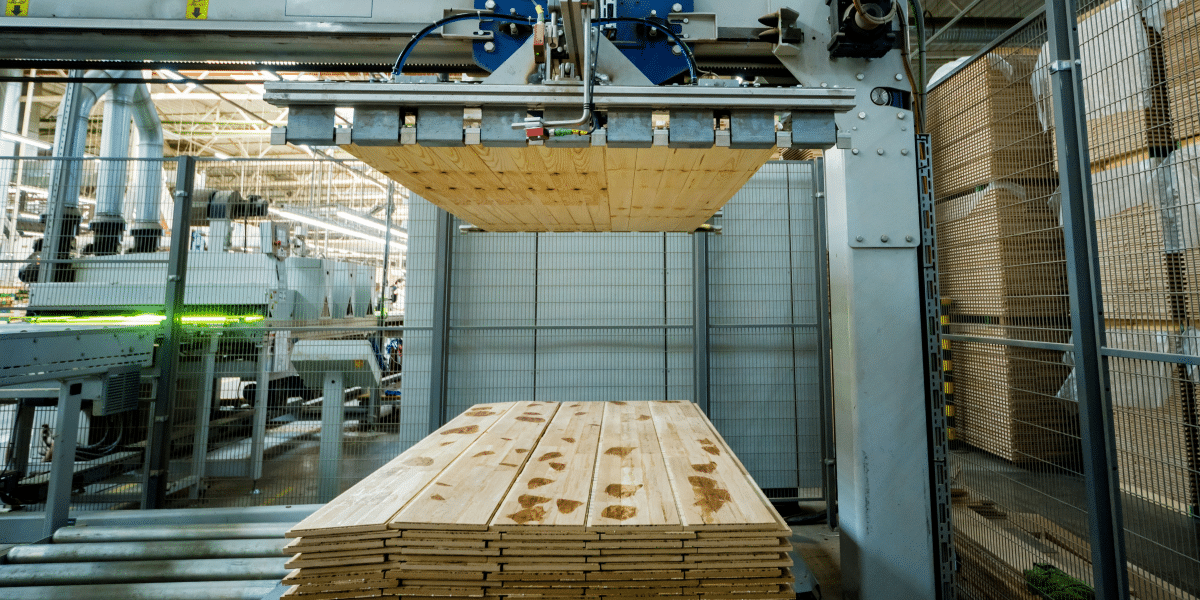What is Industrial Production?
Industrial production refers to the output of the industrial sector, which includes manufacturing, mining, and utilities. This sector is crucial because it produces the goods and materials needed for everyday life and for further production processes. Industrial production is often measured using an index that tracks the real output of these industries over time. Understanding this concept helps you grasp how shifts in production levels can signal changes in the economy, such as growth or recession. Essentially, industrial production is a key indicator of economic health, reflecting how well industries are performing and their contribution to the overall economy.
How Does Industrial Production Influence Employment?
Industrial production plays a crucial role in shaping employment patterns globally. When factories and manufacturing plants are active, they create numerous job opportunities across various skill levels. This not only includes direct employment in the factories but also indirect jobs in related sectors like transportation, supply chain management, and retail.
For instance, a booming automobile industry doesn’t just need assembly line workers; it also requires suppliers for tires, glass, and steel, as well as services like maintenance and logistics. This interconnectedness means that growth in industrial production can significantly reduce unemployment rates and foster economic stability.
Moreover, industrial jobs often offer better wages and benefits compared to those in the informal sector. This shift from informal to formal employment can lead to improved living standards and economic security for many families. Thus, industrial production doesn’t just generate jobs; it creates a ripple effect that enhances overall economic well-being.
What Are the Effects of Industrial Production on Trade Balances?
Industrial production significantly impacts trade balances by influencing the volume and value of exports and imports. When a country has strong industrial production, it can produce more goods for export, which improves its trade balance. This is because the country earns more from selling goods abroad than it spends on importing them.
For example, countries with advanced manufacturing sectors, like Germany and China, often have trade surpluses. They export high-value products such as machinery, electronics, and vehicles. These exports boost their economies by bringing in foreign currency and creating jobs.
On the other hand, countries with weaker industrial sectors may struggle with trade deficits. They import more manufactured goods than they export, which can lead to economic challenges. Balancing trade through industrial production is crucial as it helps maintain economic stability and growth. By investing in industrial capabilities, countries can enhance their trade positions and overall economic health.
How Does Industrial Production Contribute to Economic Growth?
Industrial production is a key driver of economic growth. By generating jobs and income, it boosts consumer spending, which in turn stimulates other sectors like retail and services. This cycle of spending and production keeps the economy vibrant and growing.
One of the significant ways industrial production contributes to growth is through technological advancements. Investing in new technologies enhances productivity, making industries more competitive globally. This competitiveness leads to increased exports, which improves the trade balance and brings more money into the economy.
Moreover, industrial production creates demand for raw materials, energy, and services, which stimulates other industries. For example, the automobile industry not only employs thousands directly but also supports jobs in steel production, electronics, and even advertising.
In summary, industrial production boosts economic growth by creating jobs, driving technological innovation, and stimulating demand across various sectors. This interconnectedness is crucial for maintaining a healthy, growing economy.
How Does Technological Advancement in Industrial Production Affect Global Economies?
Technological advancements in industrial production play a significant role in shaping global economies. As industries adopt new technologies, they can increase efficiency and reduce costs, which boosts productivity and competitiveness. For example, automation and robotics can streamline manufacturing processes, leading to higher output and better-quality products.
Moreover, innovation in industrial production often leads to the creation of new industries and job opportunities, fostering economic growth. However, it also requires a skilled workforce, pushing countries to invest in education and training. In essence, technological progress in industrial sectors can drive economic transformation and global economic interdependence.
Industrial production is a key driver of global economies, influencing employment, trade balances, and economic growth. Understanding its impacts can help you grasp how interconnected our world’s economies are, and why advancements in this sector play a crucial role in shaping our collective future.
Published by: Martin De Juan

















